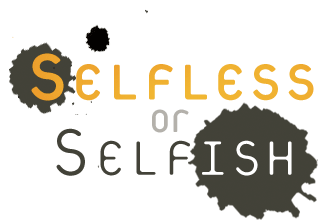
Hello Steemians!

Disclaimer: I'm not a psychologist nor a philosopher, but subjects pertaining to human state and behavior always amaze me. Not to brag, but I have good marks in college in these areas (Why does it sound like I'm still bragging? 😂😂😂). It can be mainly attributed to my interest to these topics. Articulations and discussions below are based on my current understanding of the topic. I have done my research about these topics; however, I cannot claim that my train-of-thought is free of fault. If anyone of you - who are experts in these fields - find some parts that are out of place, feel free to comment and point it out. After all, I love a heated discussion as long as respect is given to those who deserve it.
Here we go!
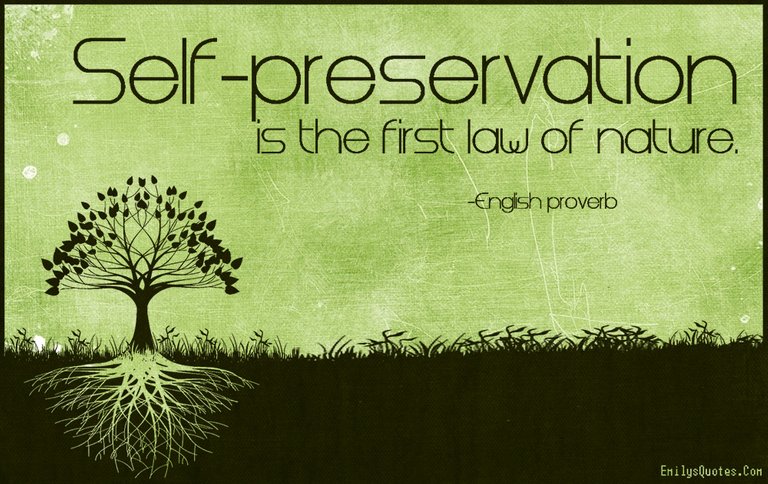
Self-Preservation
Self-preservation is regarded as a basic human instinct that ensures the survival of our species. In almost all online dictionaries, it is formally defined as the protection of oneself from harm or destruction. It is extended not only to us human beings, but also to all living organisms.
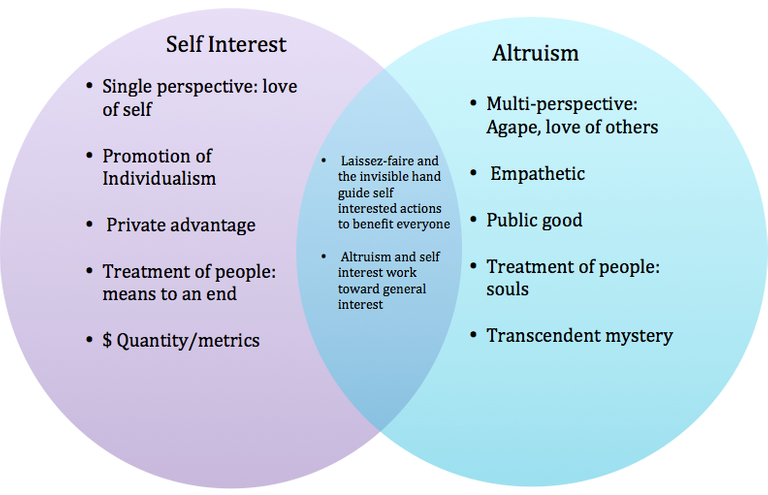
In an attempt to explain this human instinct, many self-preservation ideas have emerged and I found two that are worth noting: self-interest and altruism.
I found these two ideas intriguing because they're contradicting and yet both tried to rationalize the concept of self-preservation.
Self-interest or selfishness is primarily defined as a concern for one's self and advantage, while Altruism or selflessness is defined as unselfish devotion to the welfare of others which sometimes leads to the expense of oneself.
Self-Interest and Thomas Hobbes
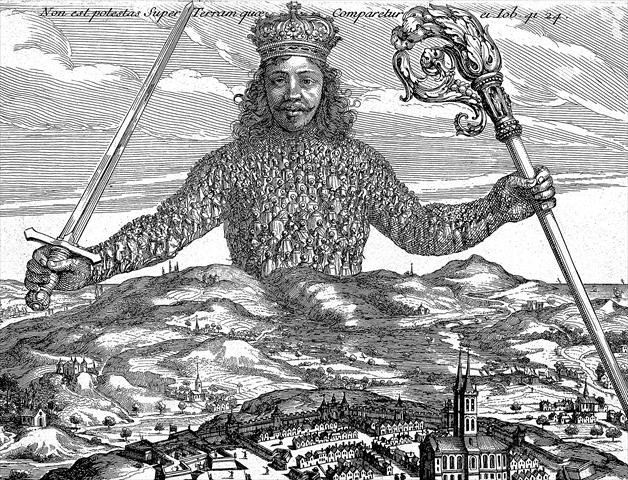
Thomas Hobbes believed in selfishness and self-interest as a natural state of man. In his book Leviathan, Hobbes argued that people always want wealth and power. He added that there's always a competition in man to acquire wealth and power. In this sense, as long as man acquires success, they are contented with it even if it is at the expense of others.
Altruism and Jean-Jacques Rousseau

Jean-Jacques Rousseau, on the other hand, believed on the opposite side of the spectrum when it comes to self-preservation. In his book Discourse on the Origin and Foundations of Inequality Among Men, Rousseau pointed out that men do not seek for individual success at all times, but considered the human race as a whole to be successful. He also mentioned that Hobbes was mistaken to believe that people act on self-interest only as a state of nature. In his argument, he thought that because men feel pity, it is only natural to help those who need help. In addition, pity is universal that even animals show acts pity in some cases.
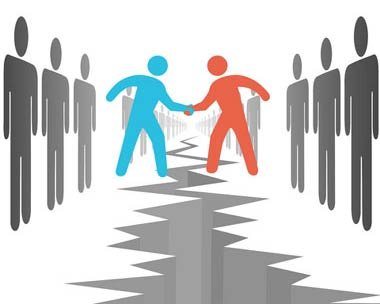
My resolution to this two contradicting ideas is that both are true as part of the complexity of human state and behavior. Depending on the situation, self-interest or altruism or both can be applied in an attempt to explain the motive behind the act of a person.
Self-Preservation and Steemit
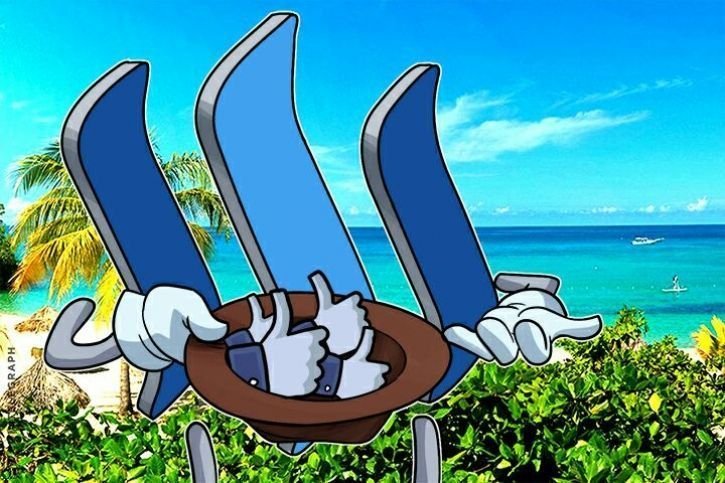
Like any other social construct, Steemit is a good avenue to observe how human interacts within a social environment. As I observe how the community functions, there are actions that can be considered as an act of self-interest and there are also those regarded as an act of selflessness.

I will not name names or draw attention to myself.
I'll just cite general acts that can categorized into these two ideas. Please feel free to comment acts that you think are part of these two categories.
- Selflessness - initiatives that bring greater good to the community, charities, hosting events that could bring out the potential of participants, calling for help for a specific person, and engaging in discussions that will help the community among others.
- Selfishness - engaging in fraudulent acts that could bring benefit to oneself at the expense of others, acts of hate and retaliation, pointing out someone's mistake to bring down the person or elevate one's self, and thinking that one is superior over the others to the point of humiliation or degradation.
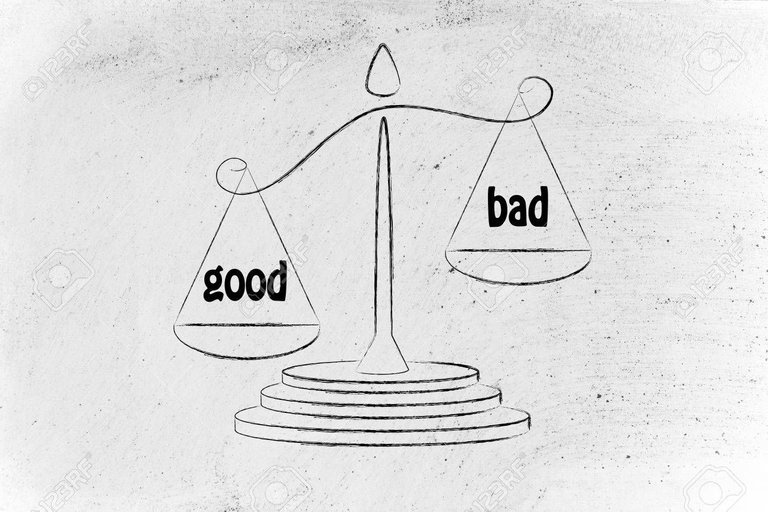
The value of the community depends on the balance of these two acts.
There's an interesting phenomenon related to this topic and it is called "The Tragedy of the Commons", but I will discuss it on another day because it deserves another post.
Side Note: There is a thin line separating between a perfect fit of all elements combined together and a botched attempt to compile a heap of mess. I hope that this post is more of a former than the latter. 😇
Click meHello, you received a boost courtesy of @steemdunk! Steem Dunk is an automated curation platform that is easy and free for use by everyone. Need a boost?
Upvote this comment to support the bot and increase your future rewards!
@originalworks
To call @OriginalWorks, simply reply to any post with @originalworks or !originalworks in your message!